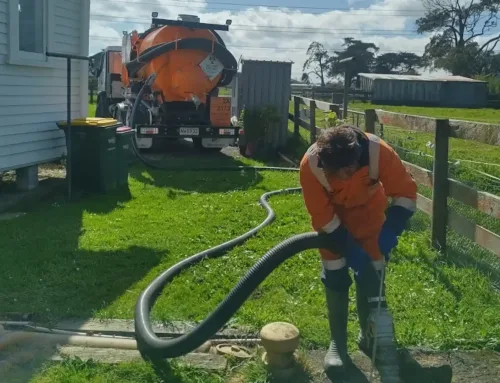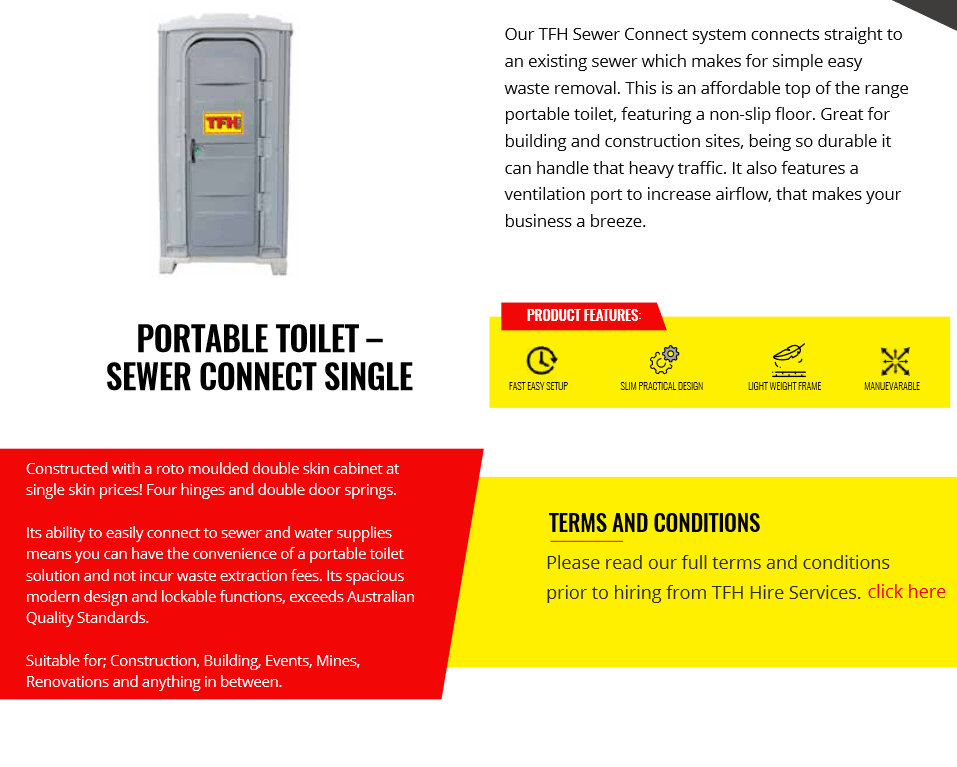The Ultimate Guide To Reclaim Waste
The Ultimate Guide To Reclaim Waste
Blog Article
Reclaim Waste - Questions
Table of ContentsThe Buzz on Reclaim WasteExcitement About Reclaim WasteThe Ultimate Guide To Reclaim WasteSome Known Questions About Reclaim Waste.Examine This Report on Reclaim Waste
Discover the types, occurrences, and kinds of liquid waste. Domestic sewer waste refers to the waste and items from a household sewage-disposal tank. This sort of waste is developed by people in homes, schools, and various other buildings. This only consists of sewage-disposal tanks that have a drainpipe field. The correct administration and disposal of domestic sewage waste call for liquid waste to be moved to a sewage therapy plant where the proper techniques and equipment are related to purify and deal with waste.
Business waste often consists of possible hazards, such as flammable products or a combination of liquid and solid waste products, and needs an extra advanced and in-depth disposal procedure. The disposal of business waste typically includes the filtration of waste prior to transport to make certain safe and proper disposal. Hazardous waste is created from by-products and overflow of commercial procedures and manufacturing.
This sort of waste can not use the same sewage management transportation or processes as septic or industrial liquids. The hazardous waste administration process needs the examination and screening of fluid waste prior to it goes through the disposal procedure (liquid waste removal). Overflow waste is the liquid waste that originates from drainage and excess stormwater in extremely inhabited areas or cities
Runoff waste can trigger contamination and flooding if not taken care of appropriately. Making certain appropriate waste management can prevent calamities and minimize environmental injury.
The Main Principles Of Reclaim Waste
Contact PROS Solutions today to discover our waste management and disposal services and the correct ways to take care of the fluid waste you produce.
(https://www.easel.ly/browserEasel/14532007)Do you recognize what occurs to your water when you disengage, purge the toilet or drain pipes the washing equipment? No? Well, it's worth recognizing. This so-called 'wastewater' is not just a crucial resource yet, after treatment, will certainly be released to our land, rivers or the ocean. Utilized water from toilets, showers, bathrooms, kitchen sinks, washings and industrial procedures is called wastewater.

water utilized to cool down machinery or clean plant and devices). Stormwater, a form of wastewater, is drainage that flows from farming and metropolitan areas such as roof coverings, parks, gardens, roadways, courses and rain gutters right into stormwater drains pipes, after rain. Stormwater moves without treatment directly to regional creeks or rivers, eventually getting to the ocean.
The Best Strategy To Use For Reclaim Waste
In Queensland, many wastewater is treated at sewer therapy plants. Wastewater is transferred from residential or commercial websites via a system of sewage systems and pump terminals, recognized as sewage reticulation, to a sewer therapy plant. City governments construct, keep and run most sewer therapy plants. Operators are certified under the Environmental Management Act 1994 to release treated wastewater at an acceptable environmental standard into rivers.
The Department of Natural Resources recommends local governments about handling, operating and keeping sewerage systems and treatment plants. In unsewered locations, city governments may require owners to mount private or home sewage therapy systems to deal with domestic wastewater from commodes, kitchens, shower rooms and laundries. The Department of Natural Resources authorizes the usage of home systems when they are shown to be effective.
The majority of stormwater gets no treatment. In some brand-new class, treatment of some stormwater to remove clutter, sand and gravel has started using gross toxin traps. Wastewater therapy happens in four stages: Eliminates solid issue. Larger solids, such as plastics and other things mistakenly discharged to drains, are removed when wastewater is passed via screens.
Wastewater then moves into big containers where solids settle and are gotten rid of as sludge. Grease and scum are skimmed from the surface area. Makes use of tiny living microorganisms referred to as micro-organisms to break down and get rid of remaining dissolved wastes and great particles. Micro-organisms and wastes are integrated in the sludge. Gets rid of nitrogen and phosphorus nutrients that can trigger algal blossoms in our rivers and threaten water life.
Reclaim Waste Things To Know Before You Get This
Nutrient elimination is not available at all sewage therapy plants due to the fact that it calls for costly specialist equipment. Clear fluid effluent generated after therapy may still include disease-causing micro-organisms - liquid waste removal.

This normally indicates wastewater needs to be dealt with or impurities eliminated before it can be released to waterways. Many wastewater flows into the sewage system. Under the Act, city governments administer authorizations and permits for ecologically pertinent tasks (ERAs) including wastewater launches that might have a neighborhood influence. The department administers authorizations and licences to Periods including wastewater releases that could have a regional or statewide influence.
Indicators on Reclaim Waste You Need To Know
Otherwise, samples are considered laboratory analysis. Usually numerous tests are required to develop the degrees of each of the different pollutants such as oils, heavy metals and chemicals in water. Surveillance provides factual info regarding water quality and can validate that licence conditions are being met. The info More Help acquired with monitoring offers the basis for making water high quality decisions.
Report this page